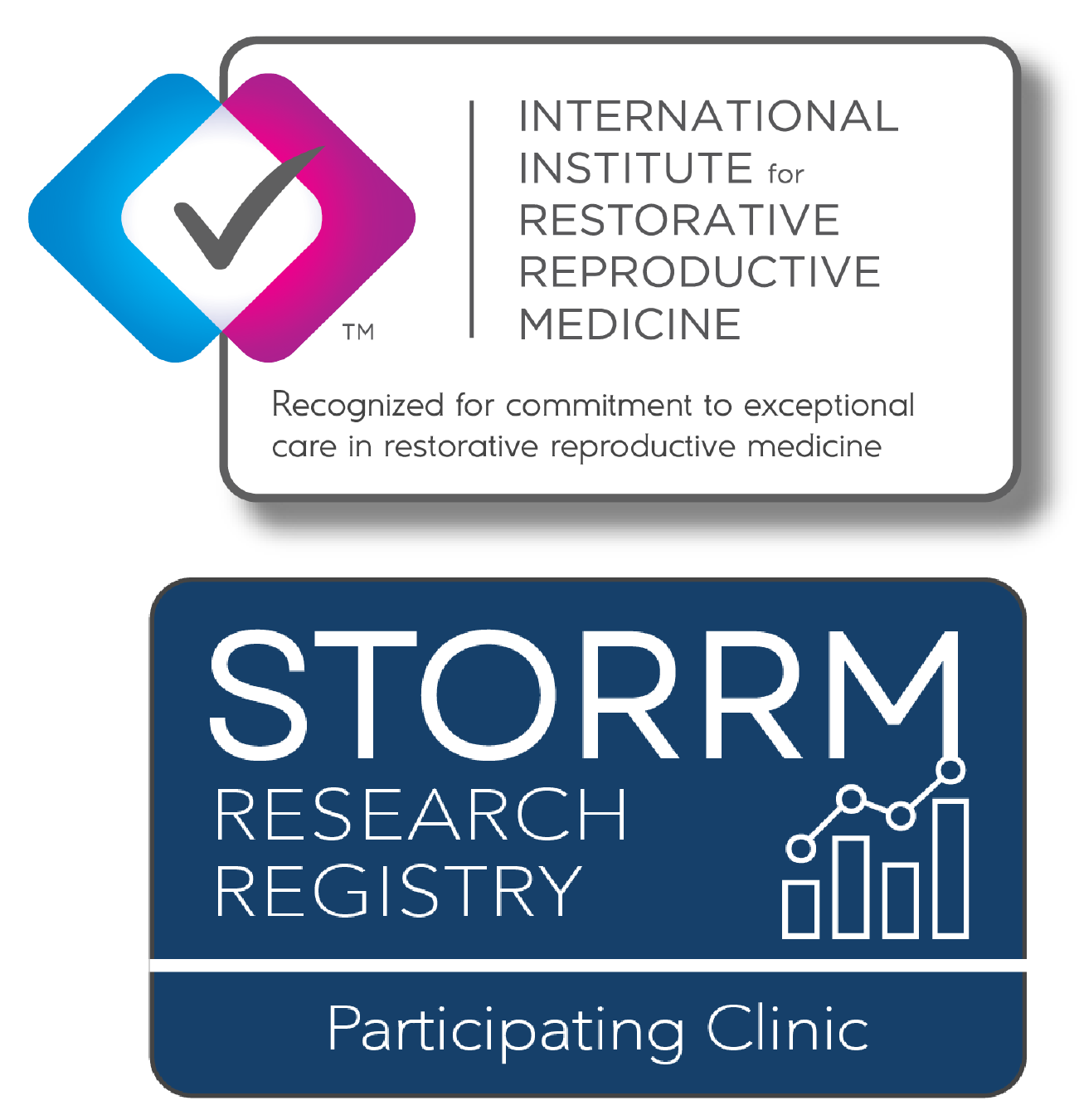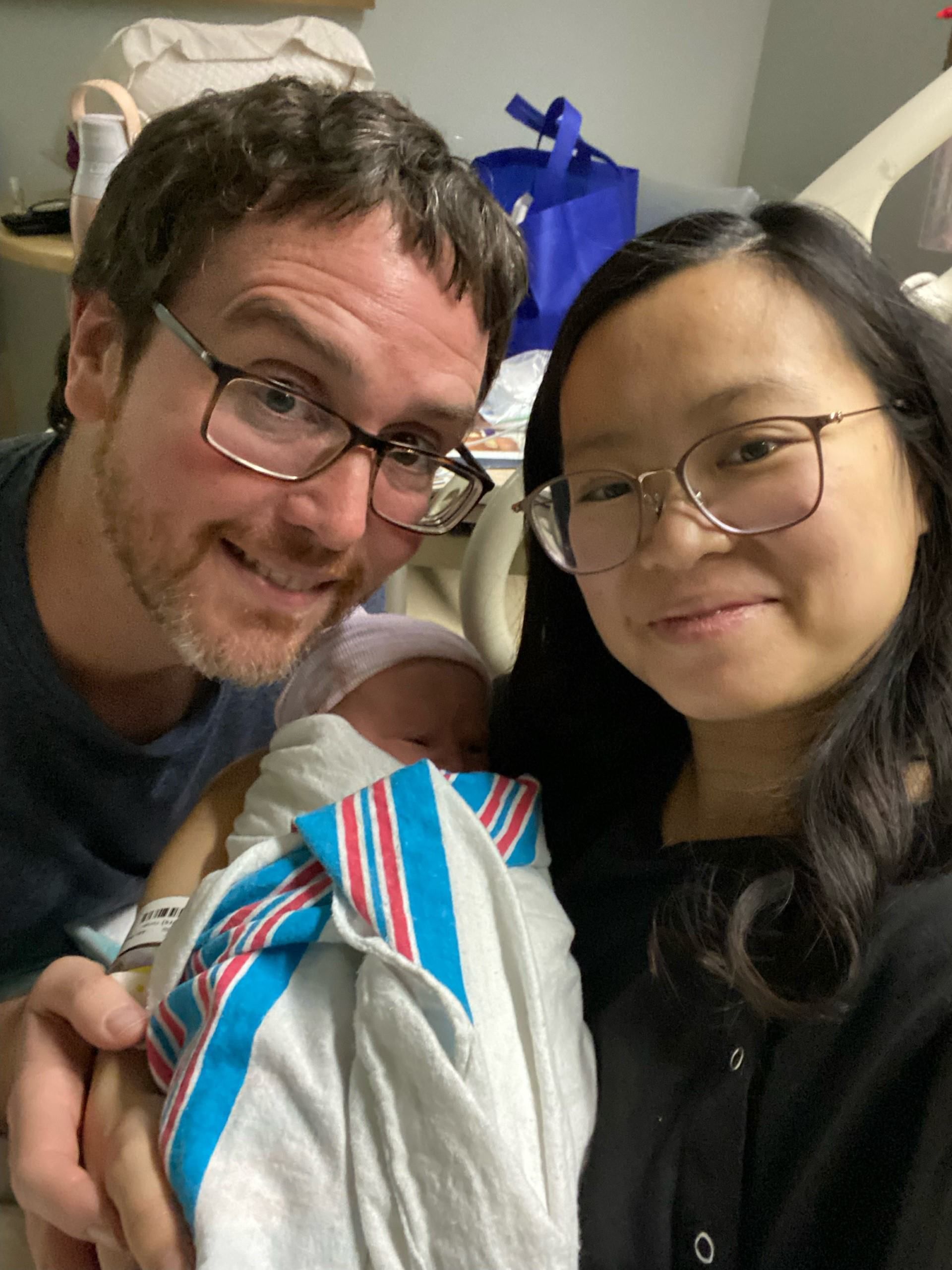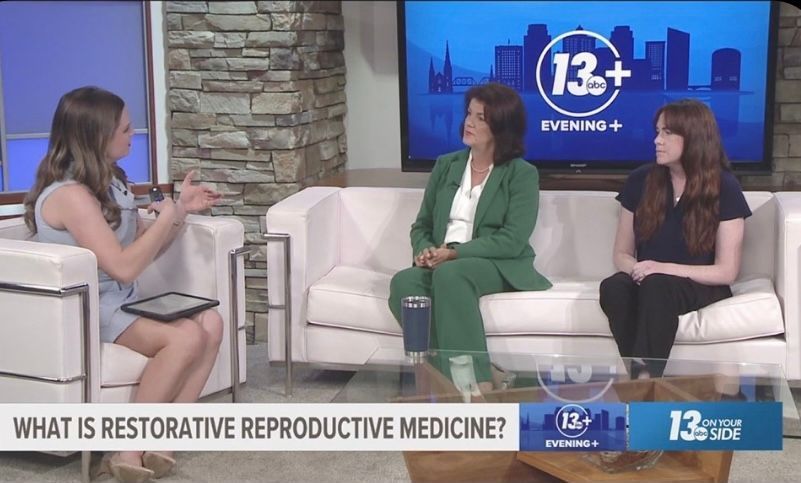Statement from the International Institute for Restorative Reproductive Medicine

In anticipation of an announcement from the Trump administration regarding solutions for infertility, and in preparation for World Infertility Awareness Month in June, the International Institute for Restorative Reproductive Medicine (IIRRM) has issued a statement about the growing promise and prominence of restorative reproductive medicine (RRM).
“Couples struggling with infertility are best served when they receive a comprehensive evaluation, diagnosis, and restorative treatment to optimize their health and natural reproductive function," said IIRRM president, Dr. Phil Boyle, a dual U.S.-Irish citizen who is a leading provider of RRM through his Dublin, Ireland, Neo Fertility clinic.
In addition to effectiveness, advantages of RRM care cited in the statement include that:
- patients become full partners in their own care
- care is more affordable
- accessibility increases since RRM can be managed via telehealth and does not require central laboratories
- barriers decrease since RRM is universally ethically acceptable
Dr. Tracey Parnell, IIRRM Global Director of Communications & Development, points out the discrepancy in preterm birth rates between RRM and IVF as one of the most important benefits to RRM care for couples undergoing treatment for infertility: “The reduced preterm birth rates with RRM are vitally important to consider. Preterm birth can bring not only trauma to the premature babies and their families, but also additional cost.” RRM preterm birth rates in the U.S. are 8% compared to 14.1% for IVF and 10.4% for the U.S. overall. The March of Dimes estimates an average additional cost of approximately $65,000 per case of preterm birth. March of Dimes also issues a report card that assigns letter grades to different preterm birth rates, according to which IVF in the U.S. would score an F, the U.S. overall would score a D+, and RRM in the U.S. would score an A-. The difference in preterm birth rates “underscores how important it is to do everything we can to help patients conceive naturally,” said Dr. Parnell.

The IIRRM is the leading medical society for restorative reproductive medicine. It maintains an academic journal, Journal of Restorative Reproductive Medicine, and an international clinical practice registry, Surveillance of Treatment and Outcomes in Restorative Reproductive Medicine (STORRM), as well as an RRM Clinician Recognition program. The Reply clinic is a participating clinic in STORRM and the RRM Clinician Recognition program.
“We are grateful to see increasing awareness and discussion about infertility,” concluded Dr. Monica Minjeur, IIRRM U.S. Director of Communications & Development, “and hopeful for more options for patients and more improvements in the field of reproductive health.”
The full IIRRM press release can be viewed here.











